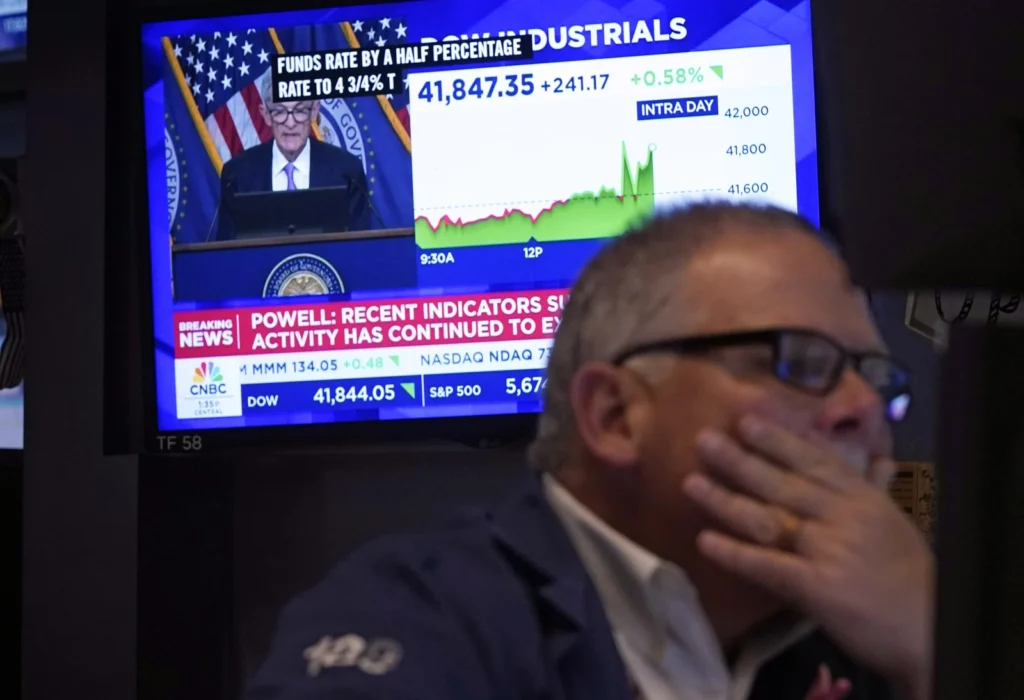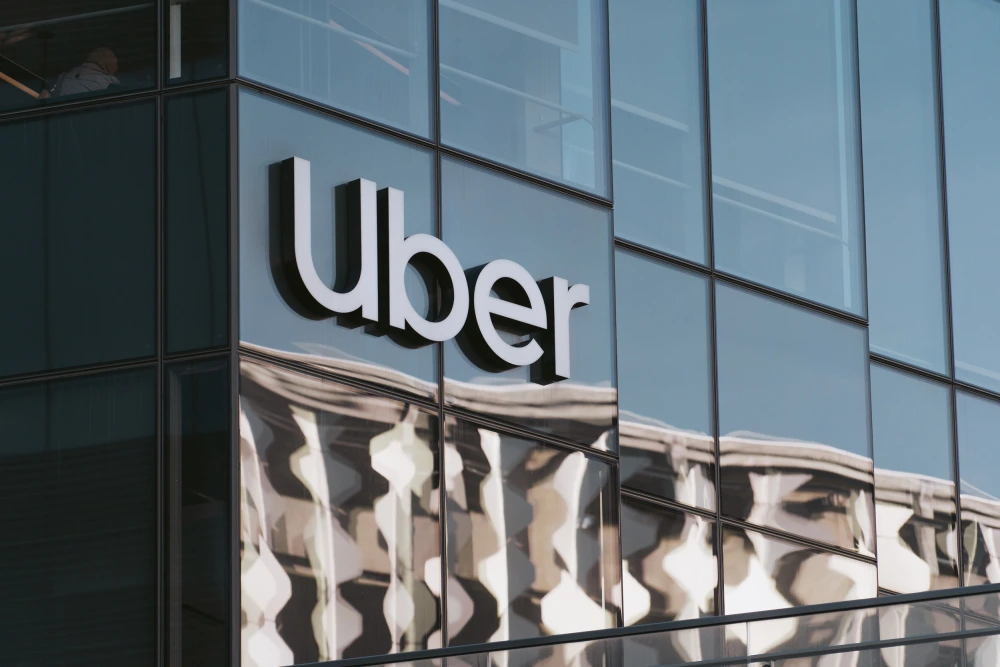Tariff-Driven Inflation Rises Sharply Under Trump in June

Tariff-Driven Inflation Rises Sharply Under Trump in June
WASHINGTON — U.S. inflation jumped in June to its highest level since February, as President Donald Trump’s sweeping tariffs drove up the price of imported goods like groceries, appliances, and clothing.
According to the Labor Department, consumer prices rose 2.7% over the past year, up from 2.4% in May. On a monthly basis, prices increased 0.3%, driven by higher costs for gasoline, furniture, toys, and large appliances. Economists say the inflation data signals the early impact of tariff-driven inflation, which could further strain household budgets.
Trump’s Economic Gamble Faces Political Pressure
Trump has downplayed inflation, posting on Truth Social that “Consumer Prices LOW,” while calling on the Federal Reserve to cut rates. However, the new data complicates that request.
Fed Chair Jerome Powell has previously warned that the impact of tariffs is still unfolding. “There’s the manufacturer, the exporter, the importer, the retailer, and the consumer—and each one is trying not to pay for the tariff,” Powell said. “But together, they all will.”
Core Inflation and Imported Goods Lead the Spike
When excluding volatile food and energy, core inflation rose 2.9% year-over-year and 0.2% month-to-month. Analysts see long-lasting goods like appliances and electronics—many of which are imported—as key drivers of the inflation increase.
Economist Eric Winograd from AllianceBernstein called it “the start of the tariff inflation regime.” He added that without tariff uncertainty, the Fed likely would have already begun cutting interest rates.
Americans Feel the Pinch at the Grocery Store
Grocery prices rose 0.3% in June and are now 2.4% higher than a year ago. Tariffs on Mexican tomatoes (17%) and threats of new duties on Brazilian coffee and orange juice are pushing prices up. Orange prices alone jumped 3.5% last month.
“It feels like a miracle if I’m able to leave the grocery store without spending $100,” said Cassidy Grom, 29, of Edison, New Jersey.
Major retailers like Walmart and Nike have already raised prices. Mitsubishi Motors said it would increase prices by an average of 2.1% to offset the tariffs.
Political Fallout and Economic Uncertainty
The administration has imposed:
-
10% baseline tariffs on all imports
-
30% on goods from China
-
50% duties on Brazilian imports (announced)
-
Upcoming 30% tariff on the European Union (effective Aug. 1)
Democrats including Sen. Elizabeth Warren say the June inflation report confirms their fears that Trump’s trade policies would burden American families.
“Americans continue to struggle with groceries and rent — and now prices of food and appliances are rising,” Warren said.
Some prices did fall in June, including new and used cars, hotel rooms, and airfare, as international tourism declined.
Source: AP News
: 291







